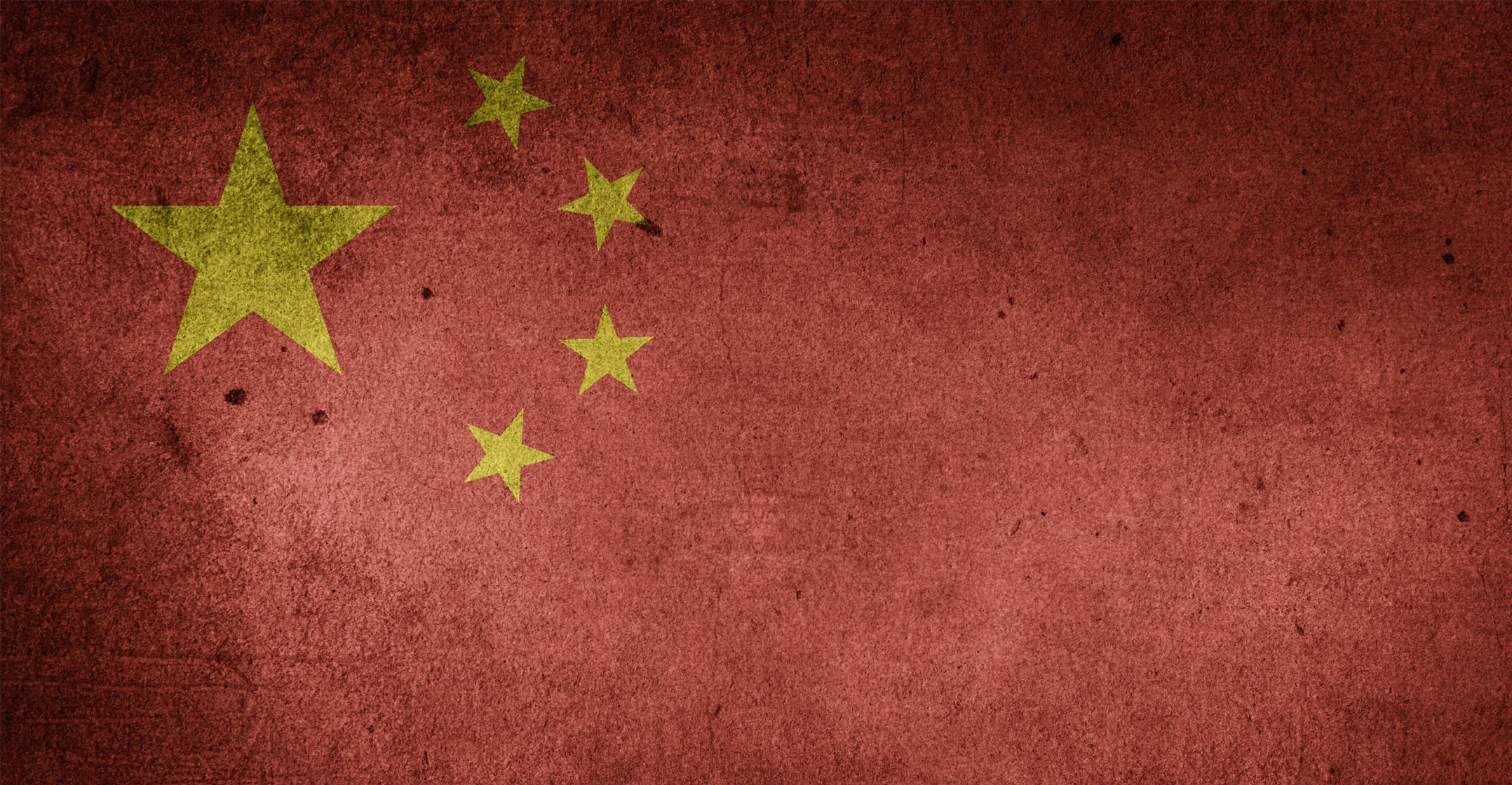 Nick Clegg, Facebook’s vice president of global affairs, called on US President-elect Joe Biden to unite the Internet’s “regulatory planets” of India and the European Union against the influence of China.
Nick Clegg, Facebook’s vice president of global affairs, called on US President-elect Joe Biden to unite the Internet’s “regulatory planets” of India and the European Union against the influence of China.
“From Joe Biden’s point of view, there really is a fundamental sort of question, which is: What can he do to emphasise American leadership, to reinforce and buttress the open Internet?” Clegg said in an interview at the virtual Web Summit tech conference on Thursday. “America will be best placed to exert its own influence in this space by doing so hand in glove, particularly, with the European Union and India.”
The version of the Internet operating in China is based on a different set of values “with very heavy surveillance, you don’t have all the checks and balances of data protection, privacy law and so on”, and that method of policing the Web is spreading as countries like Pakistan, Russia, Turkey and Vietnam emulate it, Clegg said.
The US trade war with China escalated this year as President Donald Trump pressured other countries to pick sides. Many countries in Europe, for example, followed the US push to ban Huawei Technologies from parts of their phone networks this year, sparking outrage from the Chinese networking giant. Other countries, like South Africa, have resisted.
“He really needs to work hard, and I would argue urgently, to demonstrate that common ground still exists lest everybody spins off in their own directions and it becomes an increasingly fragmented and balkanised debate,” Clegg said.
Backlash
Facebook is also fighting a growing backlash from politicians against big tech companies. The mistrust risks “disabling” new ways of using data that will fuel the economy as well as innovation in medicine, health and education for years to come, Clegg said.
“This pendulum has swung, rather violently, from slightly naive tech euphoria, where everything that happened in Silicon Valley was brilliant and was going to be the solution to our problems, to I think this almost equally silly thing that we’re in now, where there’s this endless stampede of saying that every problem in the world from an election outcome you don’t like to climate change is all the fault of modern technology,” Clegg said.
Still, governments should be able to ask companies like Facebook to show that they have policies and systems in place to keep users secure on their platforms, and that those systems that are transparent and can be audited, he said. Companies that hold user information must also consider ways of holding less data for a shorter period of time and giving people more control over their own details, though “it’s inevitable that that balance hasn’t been perfectly struck yet”. — Reported by Amy Thomson, (c) 2020 Bloomberg LP




